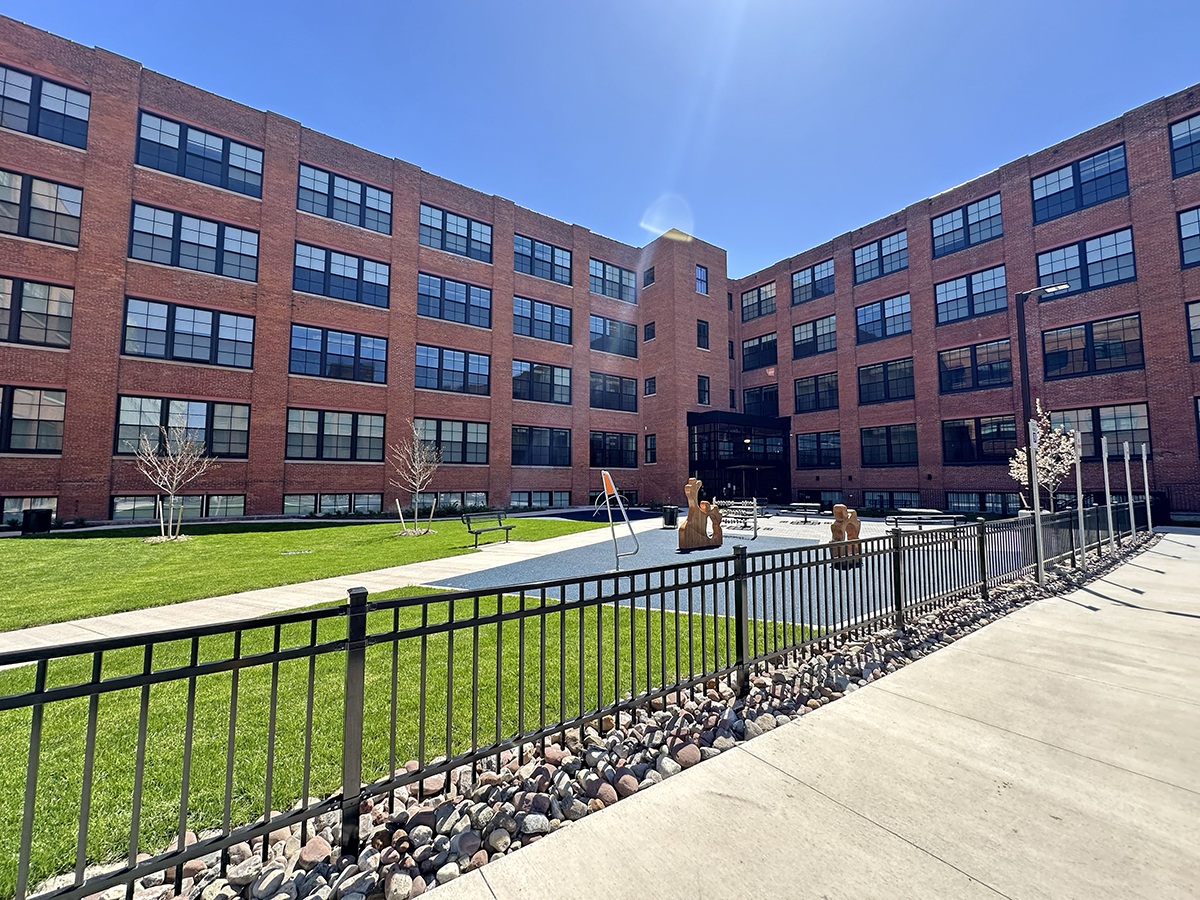Enhancing Cloud Resource Administration Strategies for Improved Efficiency in Multi-Unit Residences
Enhancing Cloud Resource Administration Strategies for Improved Efficiency in Multi-Unit Residences
Blog Article
Within today's world, many people live in multi-unit units, including apartment complexes and condominiums. These structures often share resources such as power, H2O, and internet connections. Managing these resources effectively is essential for not only the ecosystem and the tenants' well-being. Digital resource administration approaches can assist improve the efficiency of such common resources. By utilizing tech and information analysis, building managers can streamline the way utilities are utilized, resulting to financial reductions and a better living experience for everyone.
A effective strategy for managing utilities in multi-dwelling buildings is the use of smart meters. Smart measurement devices provide immediate information on power and H2O consumption. This information allows property administrators to detect patterns and trends in resource use. For example, if a specific apartment consumes significantly more H2O than its neighbors, the administrator can examine possible drips or motivate the resident to embrace additional water-efficient practices. By addressing these issues quickly, administrators can minimize waste and lower utility costs for everyone tenants.
Another important element of cloud utility management is the adoption of energy-efficient solutions. Many multi-unit units can gain from energy-efficient lighting, heating, and air conditioning systems. Such solutions not only lower energy use but also lower service costs. Property administrators can use digital systems to track the performance of these solutions and make adjustments as needed. For example, if a heating system unit is not operating effectively, the administrator can arrange maintenance or upgrades to guarantee optimal efficiency.
Alongside intelligent high speed internet for mdus measurement devices and energy-efficient technologies, digital utility administration can enhance communication between property administrators and tenants. A cloud-based platform can offer residents with visibility to their service usage data, allowing them to track their usage. This transparency encourages tenants to be increasingly conscious of their utility use. Additionally, property administrators can distribute alerts about maintenance schedules, eco-friendly advice, or neighborhood activities through the platform. Improved communication cultivates a feeling of togetherness and motivates residents to engage in utility-saving initiatives.
Finally, adopting cloud utility administration approaches can lead to a more sustainable living environment. By optimizing resource use, multi-dwelling units can significantly reduce their environmental footprint. This is crucial not just for the tenants but also for the planet. As more individuals grow aware of environmental concerns, they are likely to appreciate living in a building that focuses on sustainability. Building managers who adopt such approaches can attract eco-conscious aware residents, improving the building's standing and potentially boosting its worth. In conclusion, efficient digital utility administration is crucial for creating efficient, comfortable, and sustainable residential environments in multi-dwelling units.